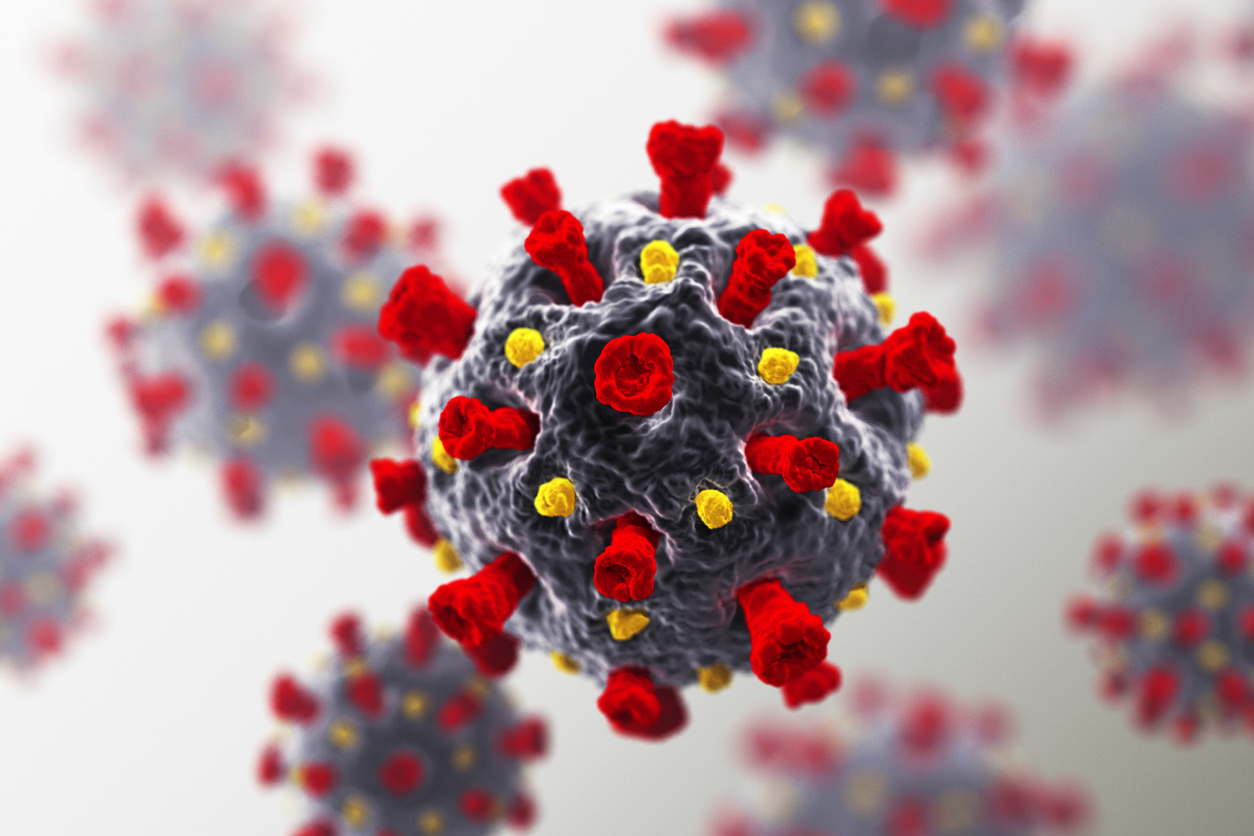Bayesian Methods & Vaccines Research: COVID-19

The urgent need to discover and assess the efficacy and safety of COVID-19 vaccine candidates will affect the future clinical development of all infectious disease vaccine candidates, including those for diseases like tuberculosis. An under-appreciated component of this change is the transformational role that Bayesian statistics has played in quality vaccines being quickly identified and assessed.
During next week’s virtual roundtable, a statistician who worked on the Pfizer vaccine will join my colleagues at Cytel who designed the BCG vaccine trial, as well as former CBER (FDA) expert and a member of the French Scientific Council to discuss these developments. Here I set the stage by reviewing the design features of these clinical trials, and why Bayesian methods reduced risk and generated scientific findings more quickly.
Bayesian Methods for Pfizer
For a number of people, the results of the Pfizer study will be emblazoned into memory for the foreseeable future; as for the rest of us: Pfizer completed early phase studies of its mRNA vaccine candidate in the US and Germany, before launching a multinational Phase 2/3 study. A total of 43,448 participants were randomized.
Despite the large-scale trial, the clinical trial design is a study in seamless adaptive methods. The early results from the BioNTech study, were combined into a broader Phase I-II seamless study, which then led directly in a Phase III study, all within 9 months of each other. A number of precautionary stopping rules proved unnecessary, and ultimately the vaccine candidate was found to be 95% effective.
Bayesian Methods for the BCG Vaccine
The BCG vaccine had previously been used to vaccinate against tuberculosis, and initially was thought to be a reasonable candidate for coronavirus as well.
The benefits of BCG were numerous. The side-effects were known. The ability to produce it and distribute it in low and middle-income countries was well-documented. Plus, all the learnings from previous applications could be used in new clinical settings.
BCG and a new tuberculosis vaccine can prime the immune system for response, and are therefore reasonable candidates for vaccines against infectious diseases. A three arm clinical trial was created to test both of these vaccines against a placebo control group.
The rapid development of COVID-19 therapies meant though, that the control arm was also rapidly evolving. An adaptive Bayesian design was therefore proposed, with several interim analyses planned. Note that a Frequentist trial would have required a cost in power every time such an interim analysis took place.
Next week, Cytel will host a webinar with the statistician who worked on Pfizer’s mRNA vaccine, Cytel scientists who worked on the BCG vaccine trial, former CBER expert and a member of the French Scientific Council. Register to learn more.
About the Author:

Dr. Esha Senchaudhuri is a research and communications specialist, committed to helping scholars and scientists translate their research findings to public and private sector executives. At Cytel Esha leads content strategy and content production across the company's five business units. She received a doctorate from the London School of Economics in philosophy, and is a former early-career policy fellow of the American Academy of Arts and Sciences. She has taught medical ethics at the Harvard School of Public Health (TH Chan School), and sits on the Steering Committee of the Society for Women in Philosophy's Eastern Division, which is responsible for awarding the Distinguished Woman in Philosophy Award.


